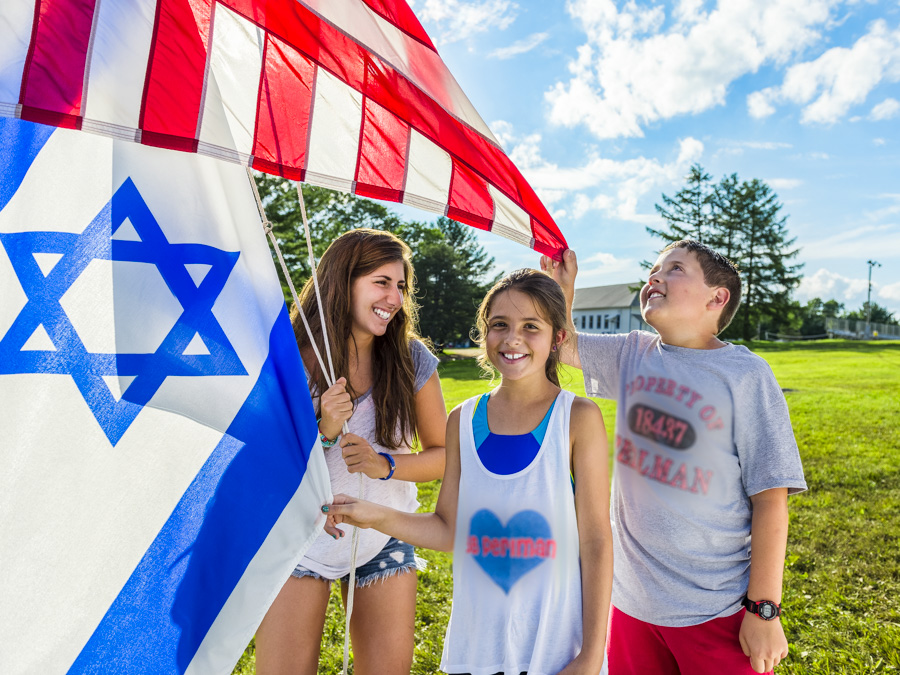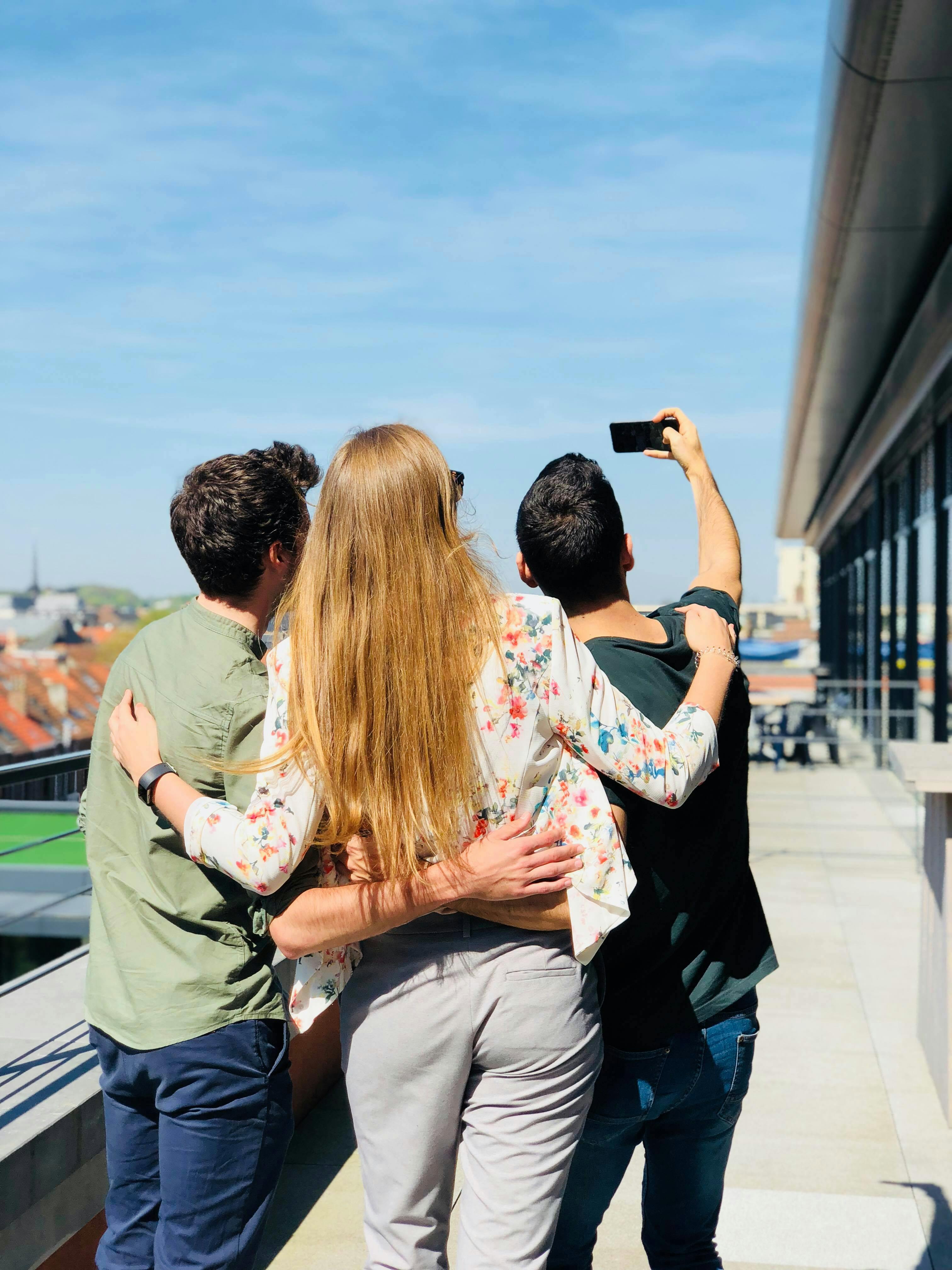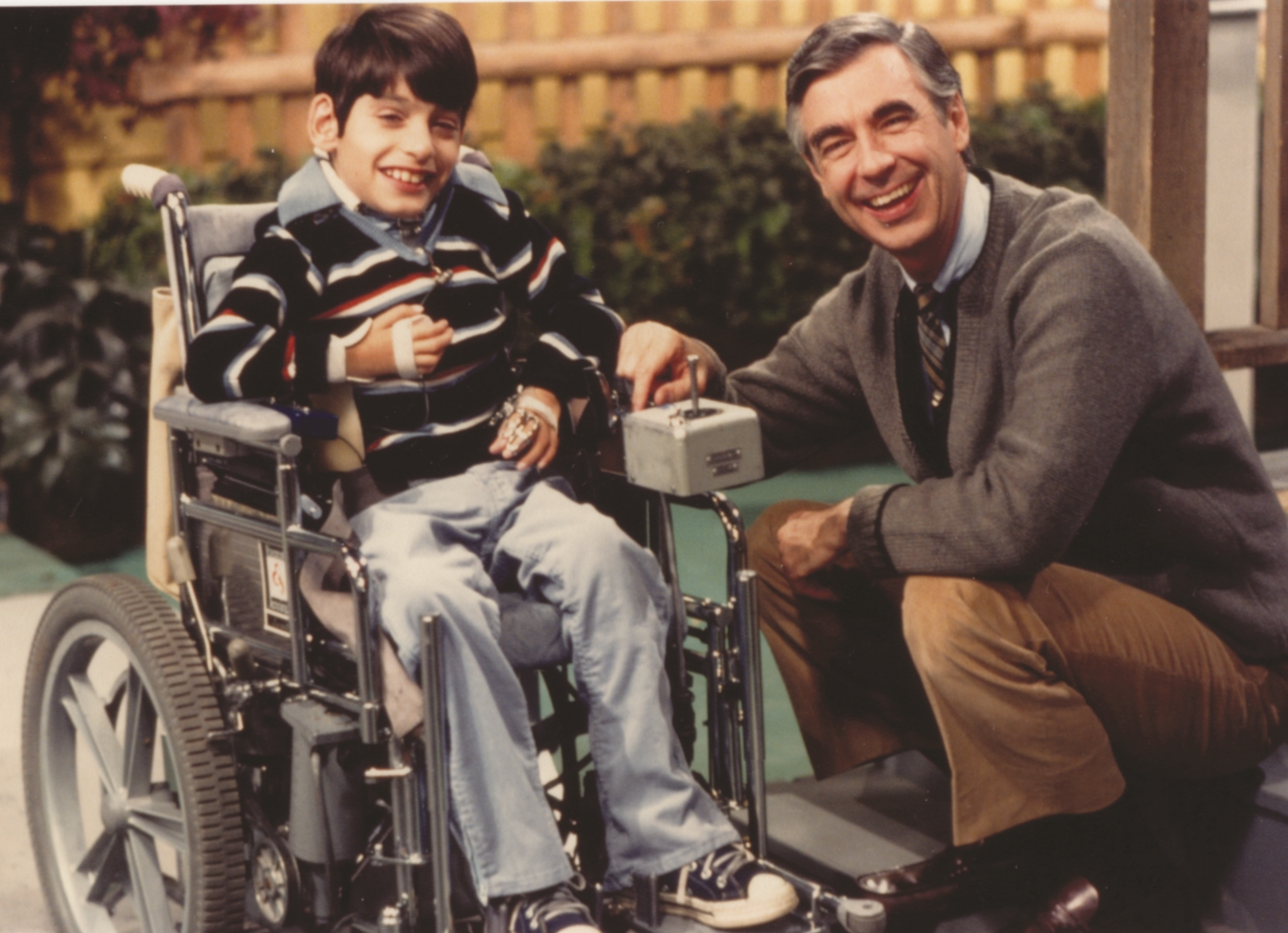And...we're back! A lot has happened since my last post, including serving seven months as the content coordinator for JeducationWorld.com.
This is a moment of schepping nachas (Yiddish for taking pride in something someone has done) for me. The author of this piece, Sarah Stein is one of my kids. That is to say that her formal Jewish education was in my religious school, I recruited her to be a camper at URJ Crane Lake Camp and I have been her teacher and supporter all along. Of course she has done amazing things - nearly all of which I had no hand in accomplishing - and I am proud to have been one of the people cheering her on. The was originally published on the Crane Lake Camp blog.
by Sarah Stein, Unit Head Team Leader
This past week, I attended an evening program with Crane Lake’s Olim Girls, the rising 10
th graders, our oldest campers. Many of them had been my very first campers when they were in Nitzanim, entering 4
th
grade, as our youngest campers. The program was about female
empowerment, and I just sat, watching, listening, and learning from
these young women I had once been a counselor for. Throughout the year, I
had seen so many of them standing up and speaking out for causes that
they are passionate about, embodying the values we live by during the
summer. I watched in awe and admiration as they came together after a
long, hot day, lifting each other up. They spoke eloquently about the
struggles they face as teenage girls, and how camp is an escape for
them. Camp is a place where they feel heard and loved, a place that is
fueled by the value of
Chesed, a place where we have created a Culture of Kindness; and a place that has provided all of these things for me.
My first year at Crane Lake was in 2006, the summer before entering 6
th
grade. I was a quiet child, but each summer at camp, I saw myself
growing. I began coming out of my shell, finding my voice, stepping up
as a leader, but still staying true to my inner self. I feel my most
confident, my most challenged, and like the best version of myself when I
am at camp.
Inside of our red gates, I always knew I was not only accepted, but
celebrated for who I am. I came to camp from a town where the Jewish
population at our school was pretty much just me and my brother. I
attended Hebrew School and had Jewish friends from Temple, but I had
never felt so immersed in a Jewish community. It was remarkable to me
how effortlessly Judaism was infused into our everyday camp lives, our
values present at every activity period. T’filah drew me in with the
beautiful music and elaborate hand motions, and always has this energy
that I find incredibly comforting. It made me feel welcomed and
inspired.
At the start of Leadership Team training each year, the Directors
challenge us to “discover our why” – our motivation for being at camp,
the lasting impact we hope to create. My why is that I believe we can
change the world by raising the next generation of leaders. I hope to
share with the campers and counselors the important lessons and values I
continue to take away from Crane Lake; the values of having courage and
speaking out, of being generous and openminded and kind. During the
year, I work at a temple in a shared position with the URJ, and I’m able
to bridge the kehilah kedoshah, the holy community we create at camp,
with the greater Jewish community. I hope to create spaces where
campers, staff, students and teachers, feel loved and accepted, can
flourish and find their confidence, discover who they are, and then
share that with the world.
 |
| Sarah is in the dark blue shirt in the middle |
At camp, we have the opportunity to find a spark in every child.
Crane Lake’s mission statement declares “Hineini, I am here”. I have
heard the phrases that follow this declaration read through the
collective voice of our community year after year, at the start of every
staff training and during every opening ceremony. When I leave the
Berkshires at the end of the summer, I take those echoing voices with
me. Throughout the year, I find myself constantly repeating a piece of
Crane Lake’s mission statement in all the work that I do – “I am here to
do as much as I can, in the time that I have, in the place that I am,
and to inspire others to join me in this holy work.”
This statement, our mission, asks every counselor, camper, staff
member, and guest to live to their fullest potential, to be present in
every moment, and to take advantage of every opportunity. But it also
acknowledges that there are limitations. While we may each strive to do
as much as we can, in the time that we have, we are able to accomplish
so much more together. To me, Crane Lake is a place where I feel loved,
accepted and celebrated for who I am. At camp, I am in a place where I
can lift others up, and invite and inspire them to fulfill their own
potential. This is what I saw in the Olim Girls last week, and this, to
me, is the embodiment of camp. I guided the Olim Girls when they were
younger. I was able to show them the magnitude of their potential at
camp, and all that they can take away from every summer. And now, I have
the honor of watching them shine, of seeing them flourish as leaders in
the camp community and then bring that courage and perseverance out
into the world, inspiring their own campers, and creating their own
future.
 |
| Sarah as a young camper |
Sarah is so excited to be back home for her 13th summer at Crane
Lake! She is looking forward to spending time at the lake, eating
grilled cheese, and getting to know everyone on camp. Sarah is
originally from Stratford, Connecticut. She studied Business and
Anthropology at Brandeis University, and spent this past year working in
Youth Engagement at Temple Shalom of Newton, MA. After the summer,
Sarah is looking forward to moving to New York to become the Youth
Director at Temple Israel of the City of New York!














